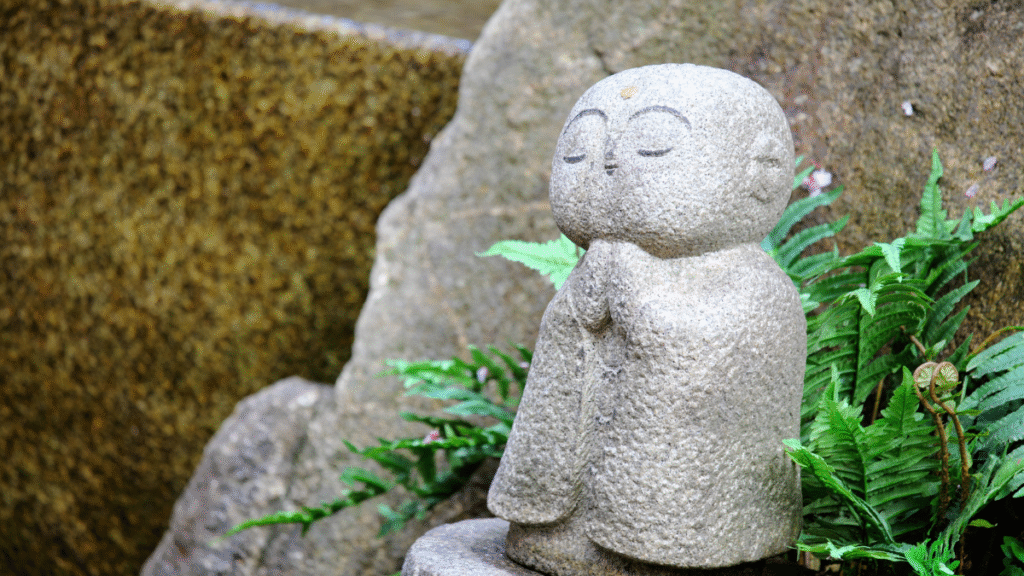As a Reiki practitioner, you’re excited to share the benefits of this holistic therapy with others. But when someone asks, “What is Reiki?” you might find yourself struggling to explain Reiki in a way that’s easy to understand.
You’re not alone! Many Reiki practitioners face the challenge of describing Reiki in a way that’s clear and respectful. How do you address someone’s concerns and misconceptions while conveying the essence of Reiki? Especially to those who have religious objections against Reiki.
If you’re looking for a simple and straightforward way to introduce Reiki to someone who has never heard of it, or energy healing before, you’re in the right place.
Ways to Explain Reiki to a Beginner
- Compare it to a familiar experience: “Remember how good it feels to have a massage or a warm hug? Reiki is similar, but instead of physical touch, it’s a gentle, non-invasive way to promote relaxation and balance.”
- Explain the concept of energy: “Everything in the universe is made up of energy, including us. Reiki works with this energy to help balance and harmonize your body, mind, and spirit.”
- Describe the physical sensations: “During a Reiki session, you might feel a warm or tingling sensation, like a gentle buzzing in your body. This is the energy flowing and helping to release any tension or stress.”
- Use an analogy: “Reiki is like a ‘battery recharge’ for your body and mind. Just as your phone needs charging, Reiki helps replenish your energy and leave you feeling refreshed.”
- Highlight the benefits: “Reiki can help with relaxation, stress relief, improved sleep, and even pain management. It’s a natural way to support your overall well-being.”
- Keep it simple and straightforward: “Reiki is a holistic, complimentary therapy that promotes relaxation and healing. It’s a gentle, non-invasive way to support your body, mind, and spirit.”
Here are ways to explain Reiki to someone who has religious concerns, with an example of what you can say.
Acknowledge and Respect Their Beliefs
When approaching a conversation about Reiki, start by acknowledging the person’s beliefs and values. This sets the tone for a respectful and open dialogue.
“I understand that you have concerns about Reiki, and I respect your beliefs. I want to assure you that my intention is not to contradict your faith, but to offer a complementary therapy that can support your well-being.“
Focus on the Benefits and Intention
Explain Reiki as a complementary therapy aimed at promoting relaxation, reducing stress, and enhancing well-being. Emphasize the intention behind Reiki: to support the body’s natural healing abilities, not to worship or glorify any spiritual entity.
“Reiki is not a religious practice, but rather a way to promote relaxation, reduce stress, and enhance your body’s natural healing abilities. My intention is only to support your health and well-being, not to worship or glorify any spiritual entity.“
Highlight the Scientific Aspects
Describe Reiki as a form of energy work that can be explained by science. Share research findings that demonstrate its positive impact on physical and emotional well-being.
“Research has shown that Reiki can have a positive impact on our physical and emotional well-being, such as lowering blood pressure, heart rate, and stress hormones. It’s a gentle and non-invasive way to support your health, and it can be done in a way that aligns with your values.“
Use Biblical References (when appropriate)
If the person comes from a Christian background, you can gently point out that Jesus himself used touch and laying on of hands to heal others. This can help reframe Reiki as a way to mimic God’s love and compassion.
“I understand that you might be concerned about the spiritual aspects of Reiki, but I want to remind you that Jesus himself used touch and laying on of hands to heal others. In Mark 1:41, it says, ‘Jesus was moved with compassion, and he reached out and touched the man’s hand, healing him.’ I see Reiki as a way to mimic God’s love and compassion through a caring and nurturing touch.“
Respect Their Decision
Ultimately, respect the person’s choice if they decline the Reiki treatment. Let them know you’re still there to support and help them.
“I completely understand if you’re still not comfortable with trying Reiki. Please know that I’m here to support your well-being, and we can explore other options that align with your beliefs. My goal is to support you, not to convince you to try something that doesn’t feel right for you.”
Summary
When you’ve explain what Reiki is, why not offer them a short Reiki treatment like the 15-minute head treatment taught in Level 1? Once they’ve experiencing the calming, positive changes of Reiki for themselves, you won’t need to explain anything further because the energy will be speaking loud and clear.
Explaining Reiki to someone who has never heard of it, or energy healing before, doesn’t have to be complicated now that you know what to say when someone asks you What is Reiki.



